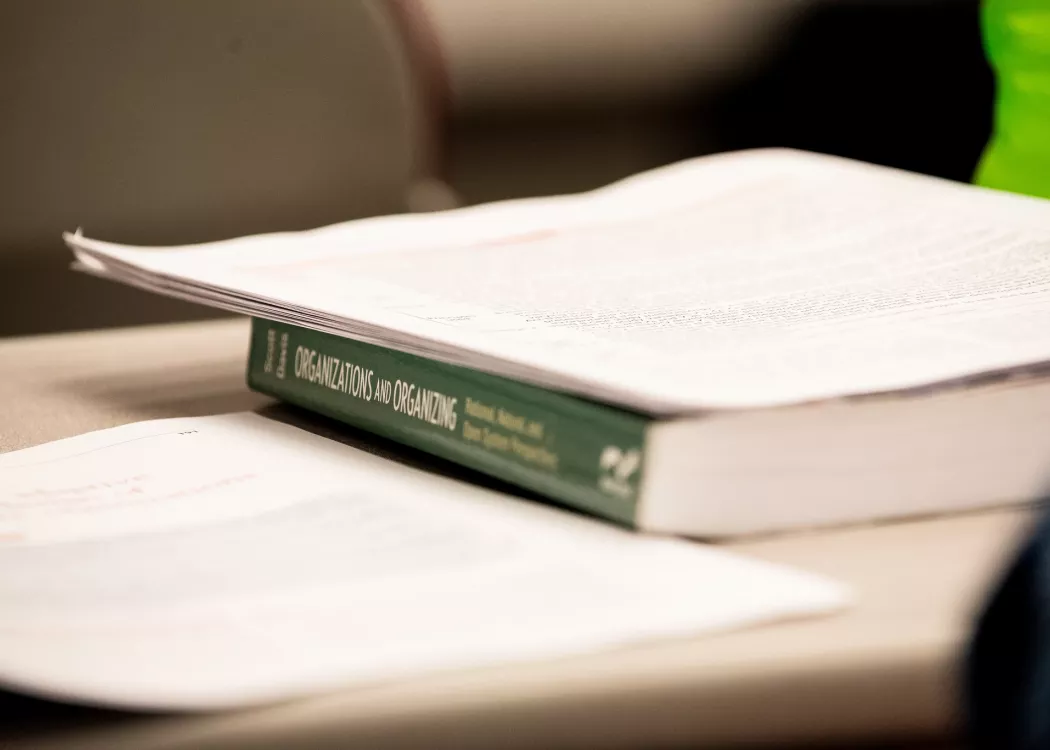
Writing Resources
The University Writing Center is here to help both undergraduate and graduate students in a variety of ways. Most often we meet with students one-on-one or in groups for group projects, to talk about writing in relation to the specific project at hand as well as future projects. We also offer a range of online resources including advice on common writing questions, electronic copies of our handouts and information on other kinds of learning opportunities we offer. Below you'll find links to make appointments and to access our helpful resources


